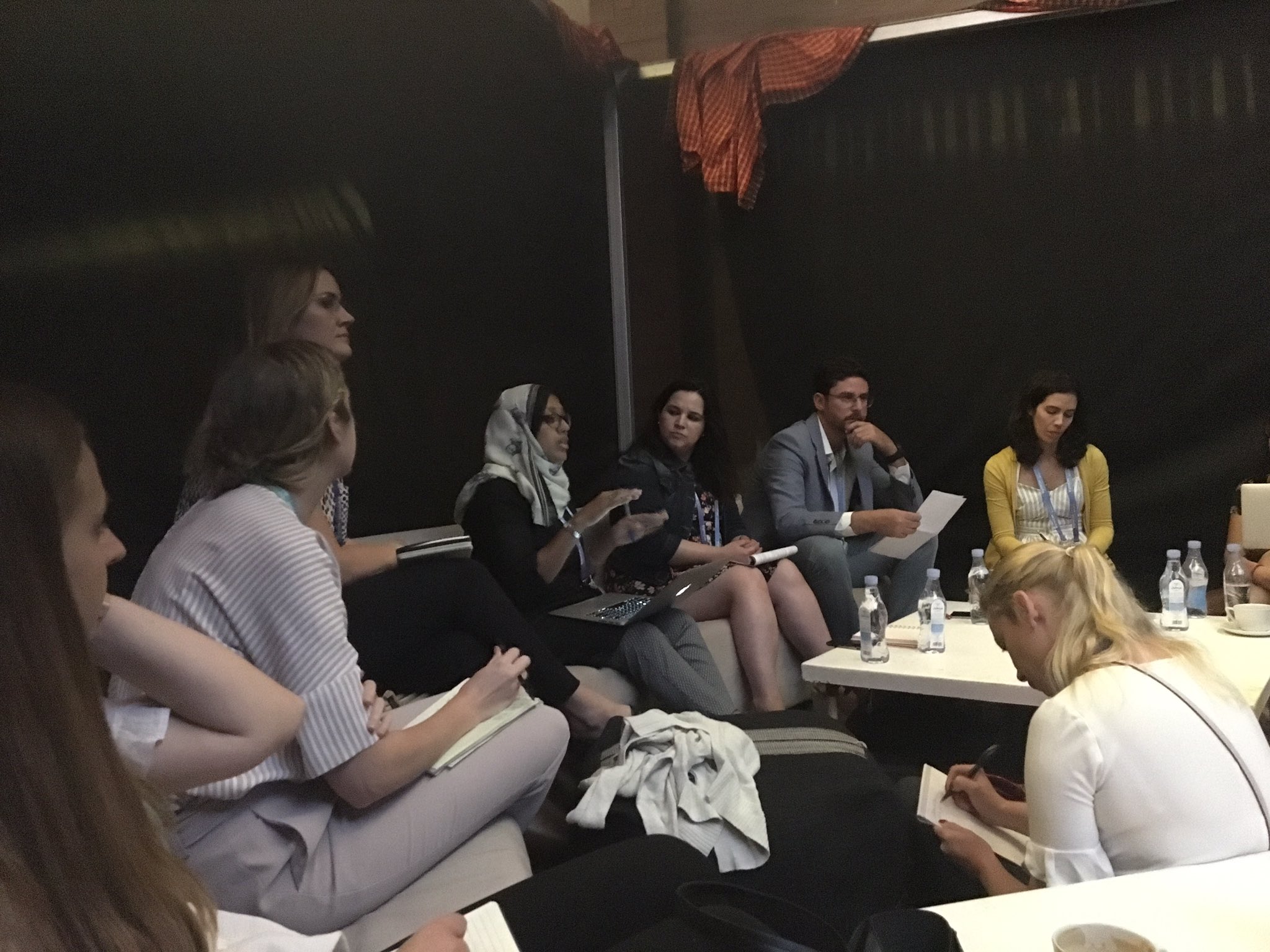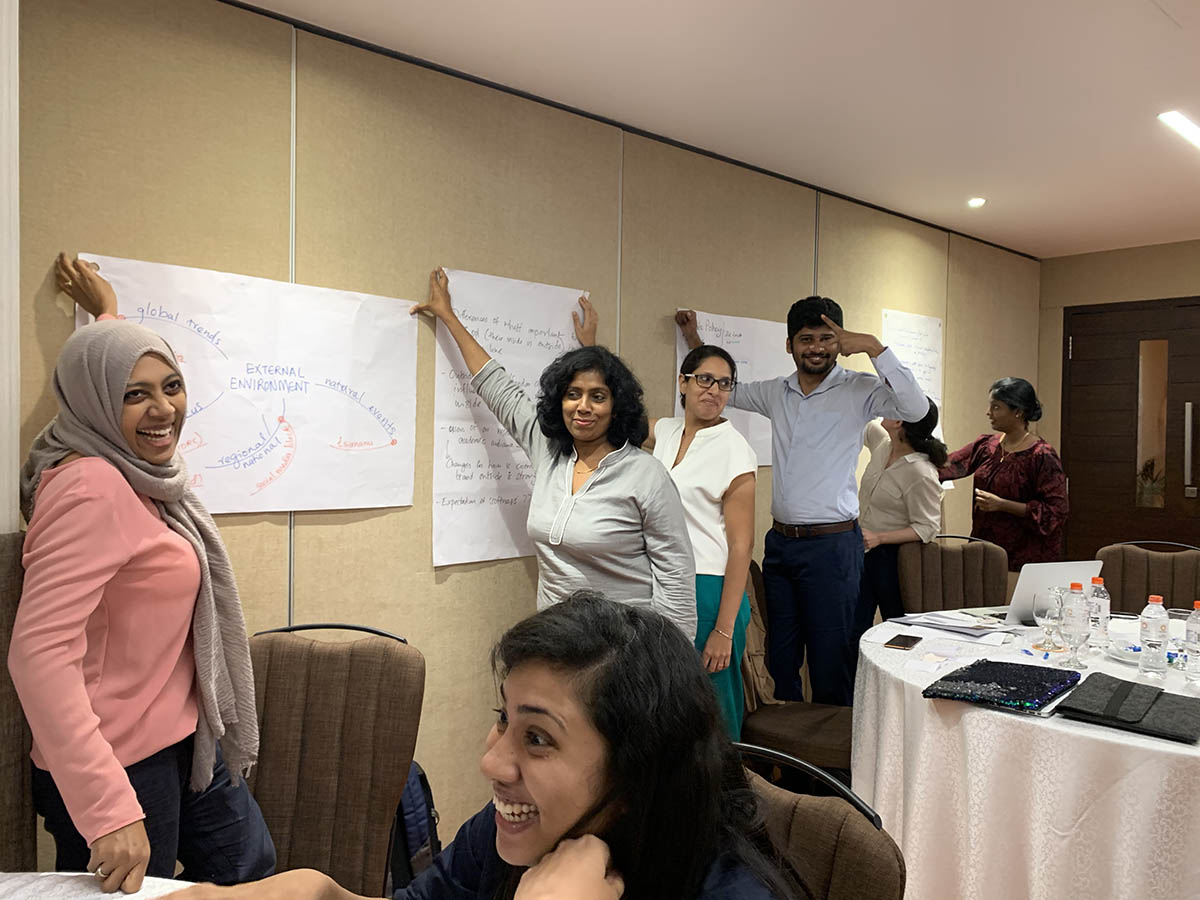Gender

We’re building on our previous research on platforms, specifically from a gender point of view, asking how they are enabling and expanding work opportunities for women. The work involves studying different types of digital platforms in India and Sri Lanka and examining whether women are benefiting from them – are they working, are they earning, what are the difficulties they face, what are the enabling factors? Women’s participation in the traditional labor force is low in these countries and we are trying to understand if platforms – not only for tech-related microwork and other tasks, but also for promoting home-based businesses – are helping or can help change that. We are also talking to men who use these platforms, to see if there is truly a difference in the way men and women approach and use them.

The Gender Action Learning team, commissioned by the IDRC, is helping us look at our research (not only on gender-related topics), and our approaches to research, through a gender lens as well. The process began with a two-day workshop in September 2019, where the whole organization was introduced to the feminist research approach. All our researchers have now had multiple opportunities to learn about feminist research methodology, and are being pushed to ask if our ongoing research, our work processes, or even our management methodologies can improve via this lens.
Globally, the AfterAccess data continues to attract attention from the conversation on digital rights and the gender gaps. Ayesha presented findings at a panel on Designing a More Inclusive Digital Economy, organized by the AfterAccess global team and the UN Secretary General’s High-level Panel on Digital Cooperation at RightsCon in Tunisia in June, 2019. Later on, a poster based on the same data was accepted by the International Conference on Gender Research, scheduled to be held in Reading, UK in April 2020, but will instead be a virtual conference held in July 2020 due to the COVID-19 pandemic.